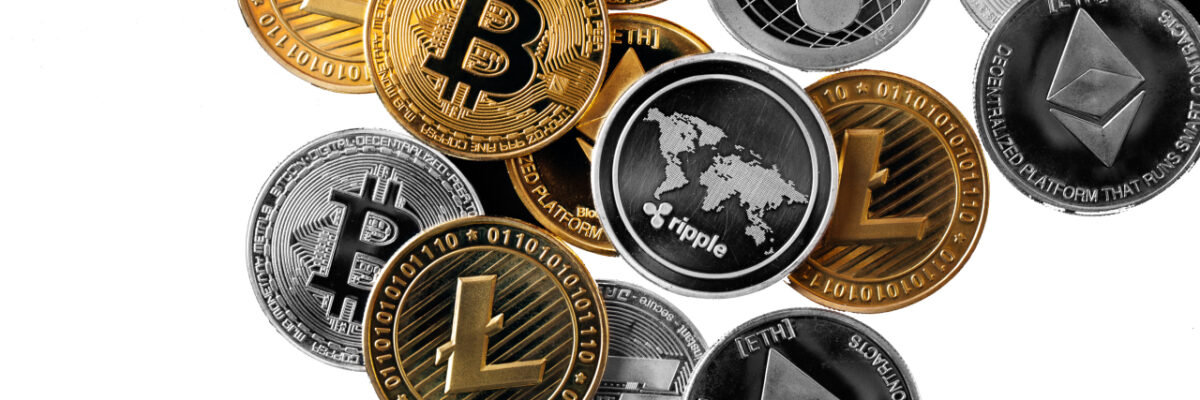According to two anonymous financial market insiders who spoke to Reuters today, Russia’s central bank (Centrobank) is attempting to prohibit Russian citizens from purchasing Bitcoin and other cryptocurrencies.
Centrobank is concerned about “the expanding volume of crypto transactions” posing a risk to the country’s financial stability, according to the article. Cryptocurrencies are now legal in Russia; citizens can legally hold and trade them, but they cannot be used to make payments.
Centrobank is currently “in negotiations with market players and specialists about a possible ban,” according to one of Reuters’ sources. If passed, it will make it illegal to buy crypto in Russia for the first time, but it will not affect digital assets already purchased.
Centrobank’s current policy, according to another source, is a “total rejection” of all cryptocurrencies.
A blanket ban, on the other hand, would not only impede law enforcement agencies’ crypto-related investigations, but would also be “totally meaningless,” according to Sergey Mendeleev, CEO of InDeFi SmartBank, a crypto-focused financial services business.
“Cryptocurrencies were created precisely to function even in the event of a complete ban.” China, for example, has outlawed them, but so what? Is there a decrease in the use of crypto in China? Obviously not. “Everyone will become more cautious, and will go underground,” Mendeleev told CryptoSlate.
While Russian law enforcement authorities already have some avenues to investigate crypto-related offenses through exchanges, he noted that if Centrobank enacts such a prohibition, they will eventually have nowhere to turn with their requests.
“It is absurd to prohibit the possession of cryptocurrencies in general. People still don’t comprehend that I may have a rhyme in my head, and this arrangement of words could be worth tens of millions of dollars—and no one will ever know,” Mendeleev remarked, implying the nature of crypto private keys.
Aside from being “totally meaningless,” he believes that a crypto prohibition would make no difference.
“However, they will have to disregard taxes.” What’s the objective of banning casinos? Everything went online and underground, and tens of thousands of people were left jobless in the heart of the crisis, while the state lost revenue,” Mendeleev concluded.
Growing number of Crypto transactions:
According to a research published by RosBusinessConsulting in late November, Centrobank believes that Russians are currently transacting $5 billion in cryptocurrency each year.
Russian customers are also among the most active crypto traders in the world, according to the bank. Russia, for example, is said to be one of the top countries in terms of how frequently its citizens visit cryptocurrency exchanges.
Centrobank also revealed plans in September to broaden the list of crypto-restricted uses (such as payments) and to impose increased administrative and criminal penalties for noncompliance.
Confiscation is also in the hands
It was also disclosed that the Russian Attorney General’s Office is working on a slew of new criminal law revisions that would allow law enforcement agencies to legitimately seize Bitcoin and other cryptocurrencies obtained illegally.
According to Nikita Soshnikov, director of regulated crypto exchange Alfacash and former head of Deloitte CIS, similar conversations have been happening in Russia since at least 2019.
“At the moment, there are no legal frameworks in place in Russia for confiscation—and, more significantly, the subsequent selling of confiscated property in the form of cryptocurrency.” “However, law enforcement agencies did seize such material,” Soshnikov told CryptoSlate.
